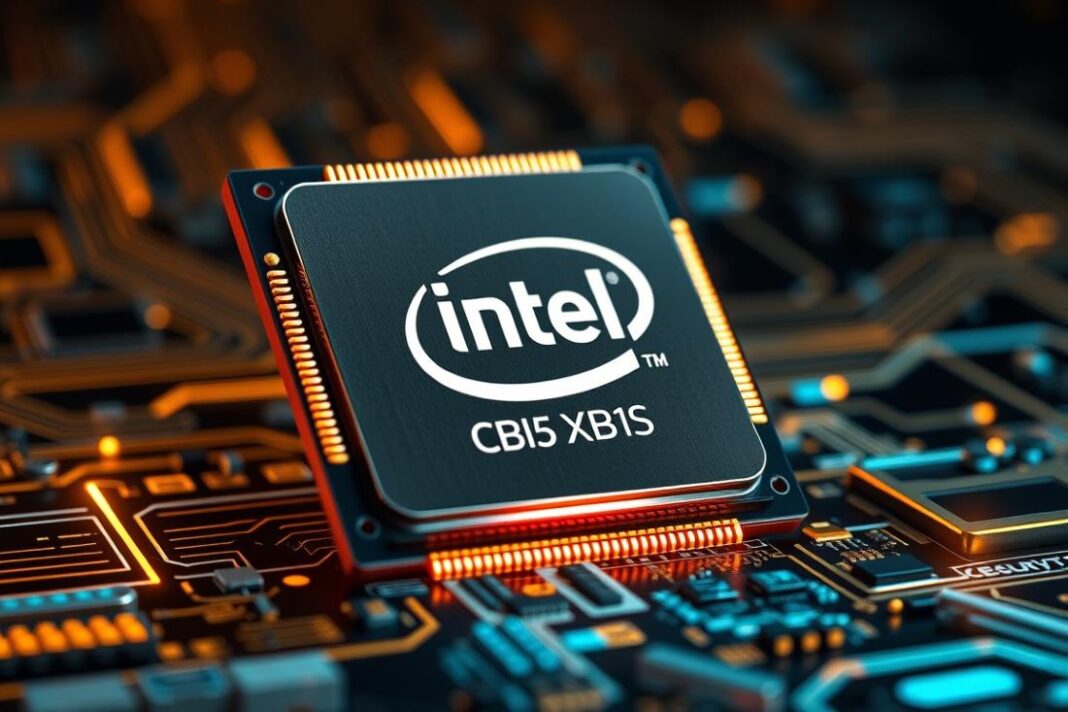The semiconductor world is abuzz with reports of a potential deal between Intel and Taiwan Semiconductor Manufacturing Company (TSMC), which could see TSMC taking control of Intel’s U.S. chip-making facilities.
While the discussions are still in the early stages, the implications of such a move could be massive for the U.S. semiconductor industry, the global tech supply chain, and the two companies themselves.
What’s the Deal?
According to Bloomberg and Reuters, the U.S. government has reportedly approached TSMC, suggesting that the Taiwanese chip giant take a controlling stake in Intel’s American factories. The idea is to strengthen domestic chip production at a time when geopolitical tensions and supply chain vulnerabilities have pushed semiconductor self-sufficiency high up on the agenda.
Intel, long seen as an American technology powerhouse, has been struggling to keep up with TSMC and Samsung in cutting-edge semiconductor manufacturing. While Intel remains a leader in chip design, its fabrication process has faced repeated delays, allowing competitors to pull ahead.
Why This Matters
If this deal moves forward, it would represent a major shift in the balance of power in the semiconductor industry. TSMC already dominates advanced chip manufacturing, producing cutting-edge processors for companies like Apple, Nvidia, and Qualcomm.
By taking over Intel’s U.S. fabs, TSMC would gain an even stronger foothold in the American market while advancing Washington’s goal of securing a more reliable domestic chip supply.
For Intel, the move could be seen as both a surrender and an opportunity. On the one hand, it would mean ceding control over its U.S. manufacturing operations—a move that could be perceived as a blow to national pride.
On the other hand, Intel has been investing heavily in its next-generation 18A manufacturing process, which could soon allow it to reclaim its leadership in advanced chip-making.
A partnership with TSMC might give Intel breathing room to focus on innovation without the immediate pressure of catching up in fabrication technology.
The Benefits
- Stronger U.S. Chip Production: With tensions between the U.S. and China running high, having TSMC operate Intel’s fabs could help reduce dependence on Asian supply chains.
- Improved Efficiency: TSMC’s expertise in advanced manufacturing could bring operational improvements to Intel’s facilities, potentially accelerating production of cutting-edge chips.
- Financial Stability for Intel: If Intel can shift some of the manufacturing burden to TSMC, it may free up resources to invest more aggressively in research and development.
The Risks
- Loss of Control for Intel: Handing over its fabs to TSMC could weaken Intel’s long-term ability to manufacture its own chips and dictate its technological direction.
- Political and Regulatory Hurdles: Any deal would likely face intense scrutiny from U.S. regulators concerned about foreign control over a critical American industry.
- Competitive Dynamics: If TSMC gains access to Intel’s facilities, it could further cement its dominance, making it harder for Intel to stage a comeback in the foundry business.
What Are Analysts Saying?
Market watchers are divided on the potential impact of the deal. Some see it as a necessary step for Intel to remain competitive, arguing that it should focus on design and let the world’s best manufacturer—TSMC—handle production.
Others warn that outsourcing too much to TSMC could leave Intel permanently reliant on its Taiwanese rival.
Intel’s stock has been on a rollercoaster ride amid speculation about the deal. While initial excitement pushed shares higher, doubts about the feasibility of such a partnership have led to some pullbacks.
Final Thoughts
If this deal moves forward, it could redefine the semiconductor landscape. It’s a bold idea—one that could strengthen U.S. chip-making capabilities but also comes with significant risks.
Whether Intel and TSMC can strike the right balance remains to be seen, but one thing is clear: the future of semiconductor manufacturing is being reshaped before our eyes.
Also Read
Can SoundHound AI Stock Keep Up Its Momentum? A Deep Dive Into Its Q4 Earnings
Meta’s Strategic Chip Deal with Arm: A Game-Changer for the Semiconductor Industry?
Also Read
